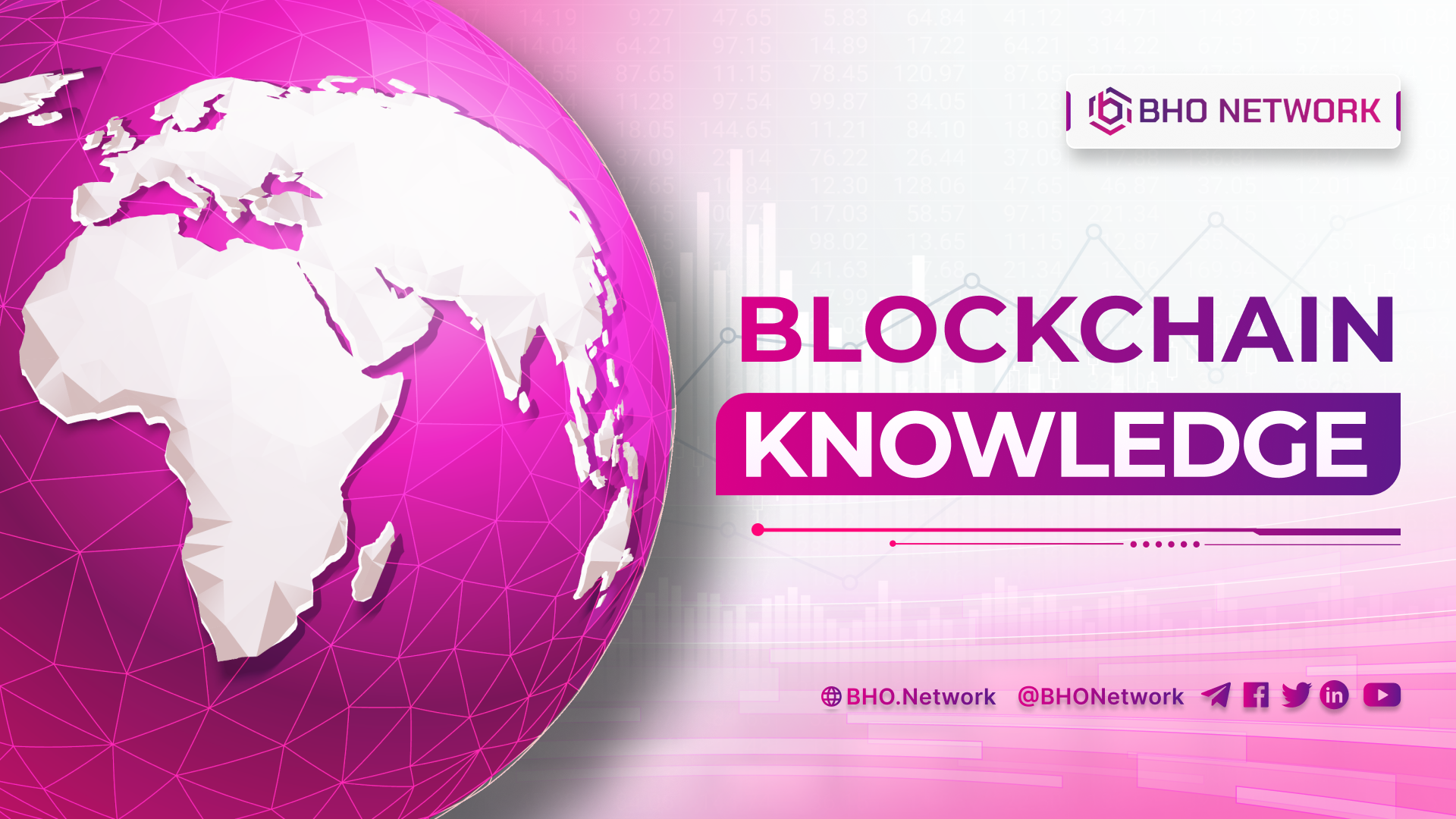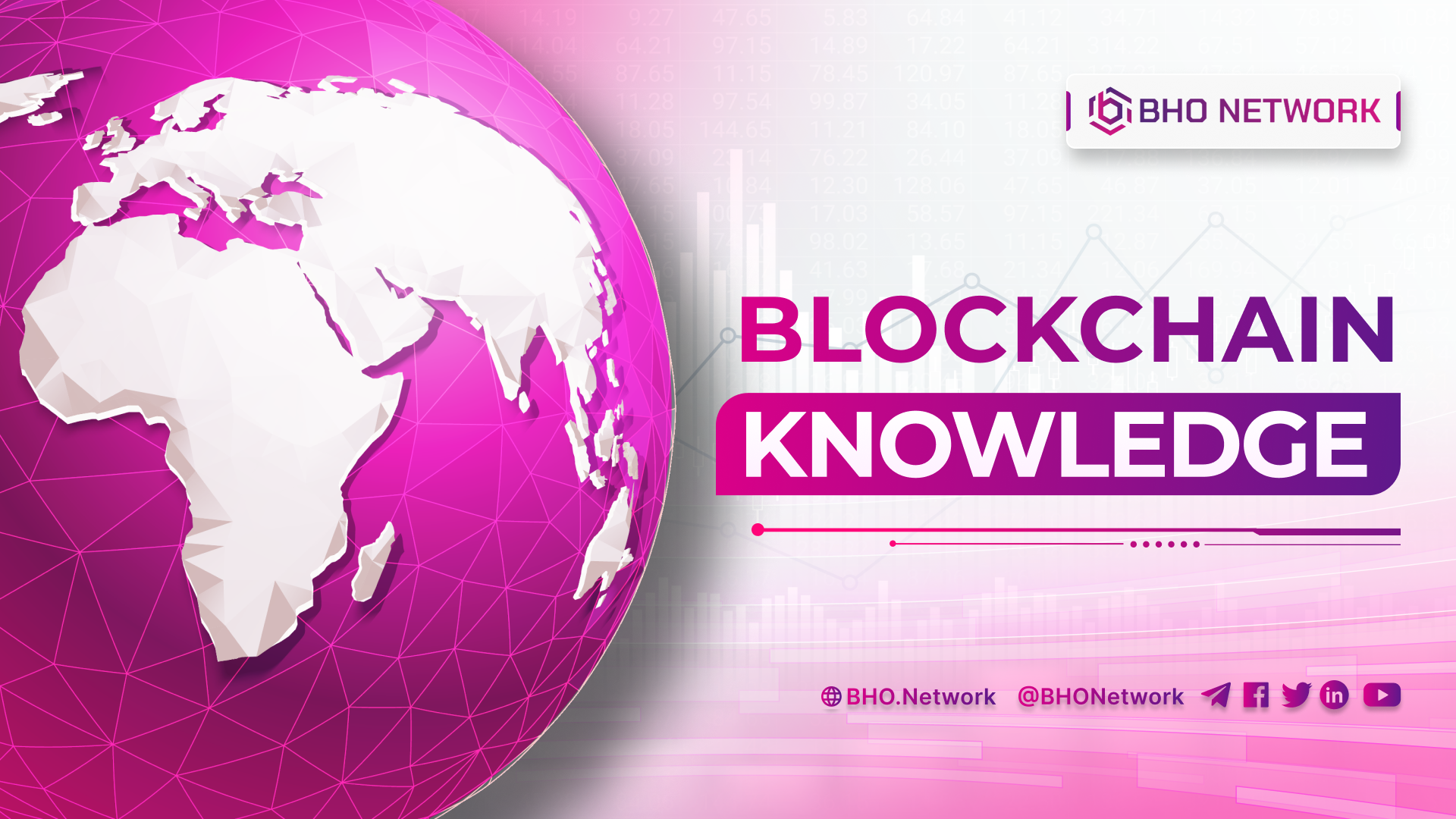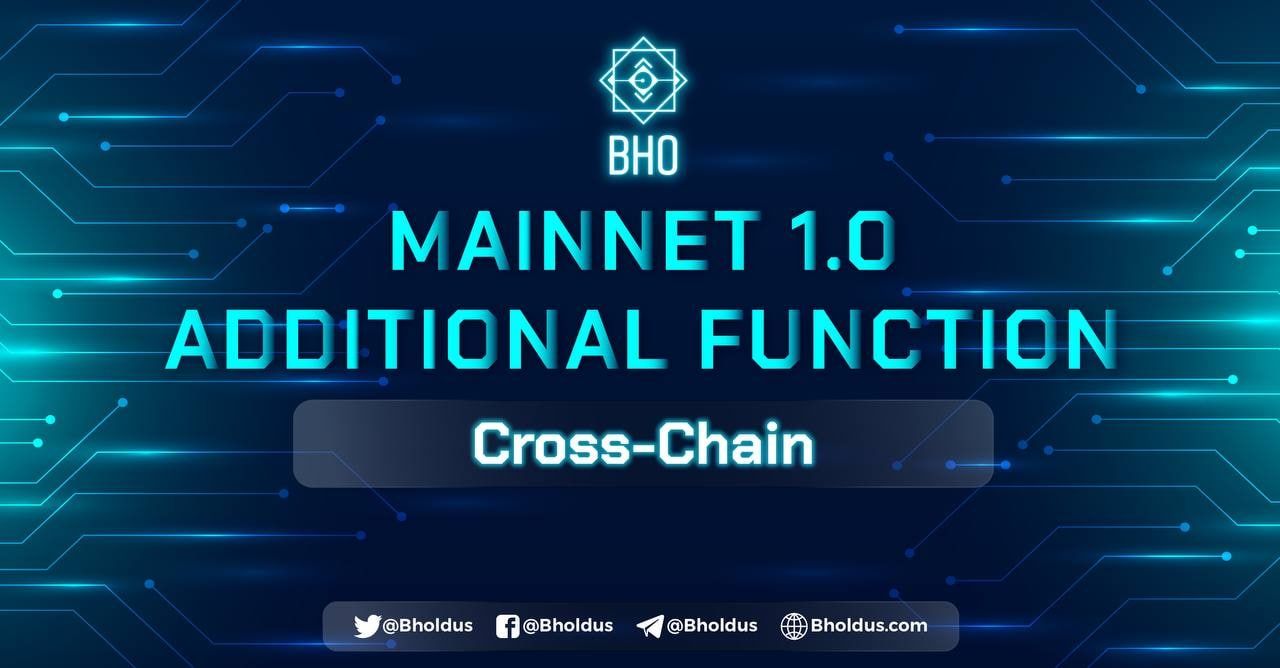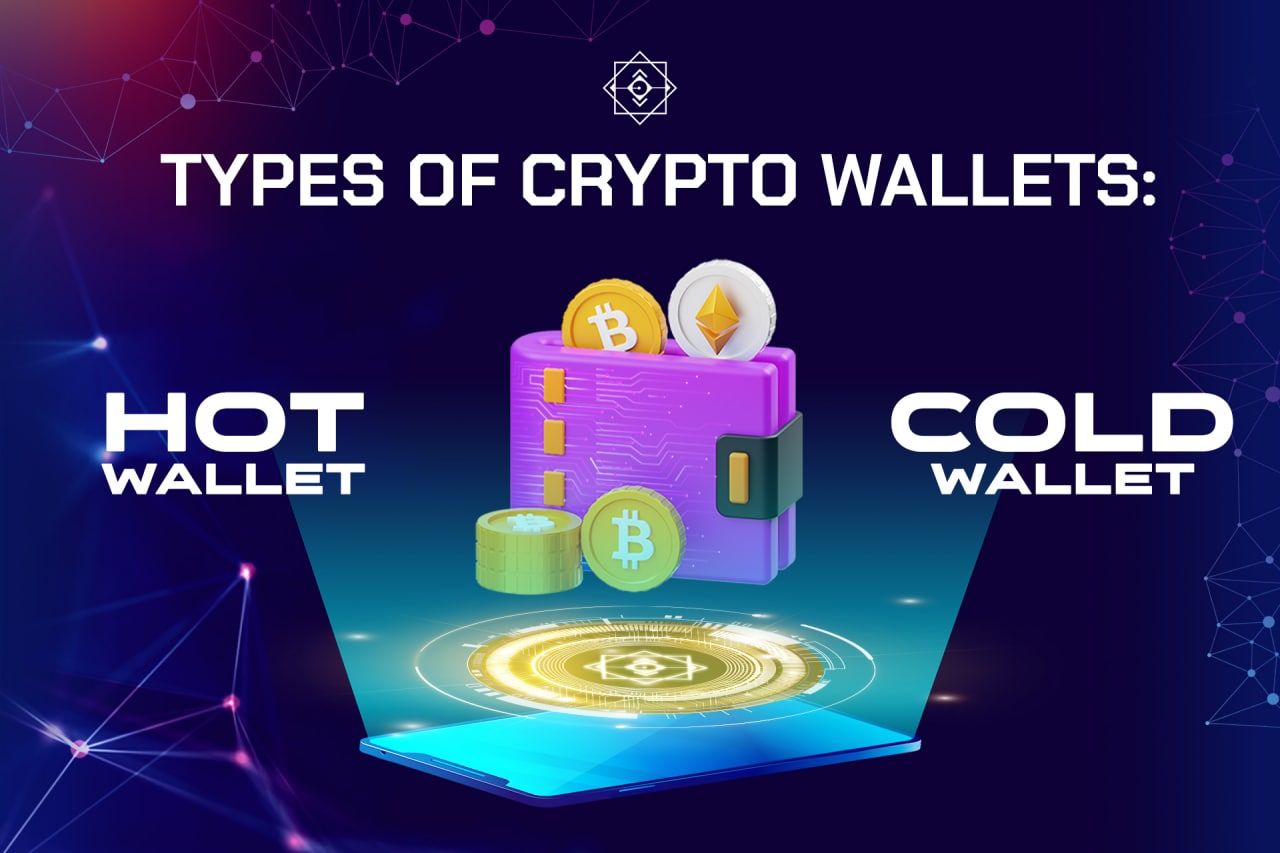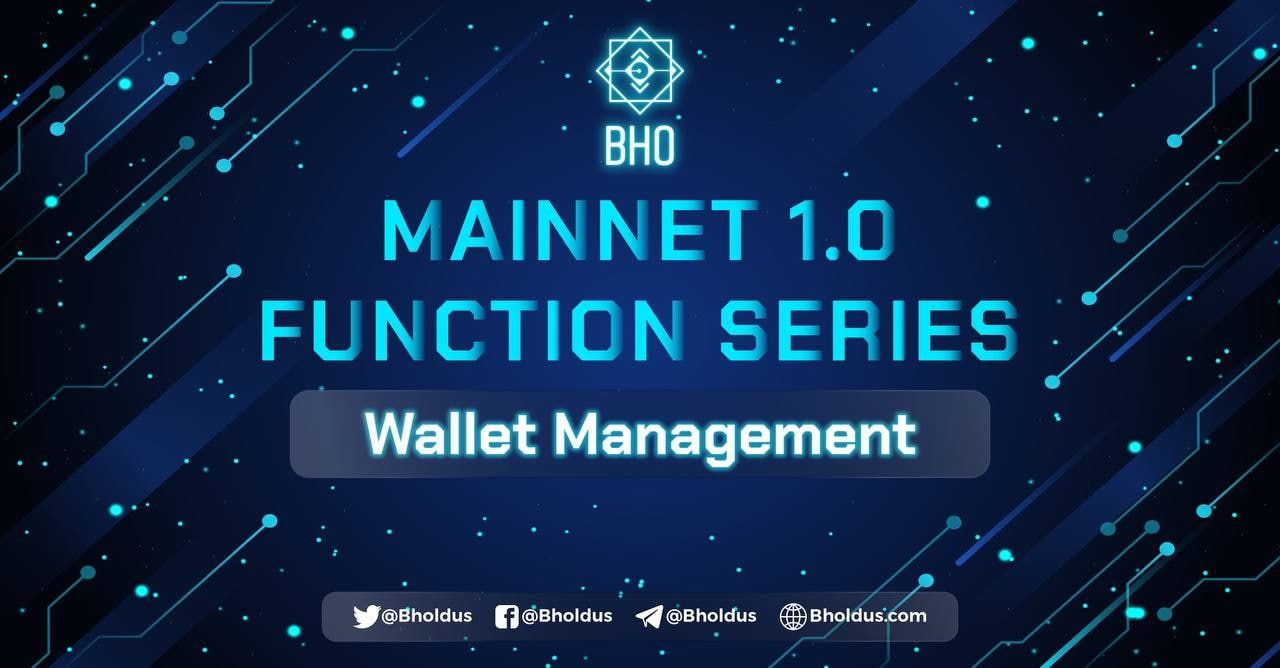- Blog
- Crypto News
- What are Utility tokens and Security tokens?
What are Utility tokens and Security tokens?
- 1. What is a Utility token and Security token?
- 1.1. What is a utility token?
- 1.1.1. Definition
- 1.1.2. Advantages of Utility token
- 1.1.3 Disadvantages of Utility token
- 1.2. What is Security token?
- 1.2.1. Definition
- 1.2.2. Advantages of Security token
- 1.2.3. Disadvantages of Security token
- 2. How to know if a token is a Utility or a Security
- 3. Should you invest in Utility tokens or Security tokens
What are Utility tokens and Security tokens? These are essential factors that contribute to the success of Blockchain. So what’re their features, advantages, and disadvantages? Also, what is the difference between them? Let’s find out with BHO Network in the article below!
1. What is a Utility token and Security token?
First of all, in this section, we will learn about the concept of Utility tokens and Security tokens, as well as the pros and cons of each type.
1.1. What is a utility token?
What is a utility token? What are the advantages and disadvantages? Why is it so popular in the financial world?
1.1.1. Definition
As a payment method in a particular blockchain ecosystem, the Utility token plays a considerable part in today’s market. Through the Utility token, holders will receive many incentives related to the issuance project. And through ICO tranches, utility tokens will be released one by one.
1.1.2. Advantages of Utility token
Utility token has 5 outstanding advantages:
-
First, crowdfunding for Utility tokens is extremely easy
-
Second, it is used as a primary means of payment inside specific blockchain ecosystems Third, from popular token standards like BEP-20 or ERC-20, Utility token will be generated easily.
-
Fourth, it acts as an intermediary tool to encourage users to use products/services in the ecosystem.
-
Fifth, the explosion of decentralized applications started with the Utility token itself.
1.1.3 Disadvantages of Utility token
In addition to the above advantages, the Utility token also has some disadvantages as follows:
-
First, because it is not subject to management, it has led to many projects. Created for fraudulent purposes.
-
Second, the cost to release Utility is relatively high.
1.2. What is Security token?
Let’s go through the term Security token. How is it different from a Utility token? How to distinguish them.
1.2.1. Definition
Security token has another name as a stock token. However, unlike the Utility token, this is an investment contract but is legally bound.
Security tokens allow holders to receive profits based on the number of tokens they hold. Utility tokens are distributed through ICO, while Security tokens are distributed through STO.
In addition, the special feature of the Security token is that it represents ownership of assets such as real estate, equipment, etc. With each type of representative asset, the Security token is directly linked. It also means that when the asset value increases, the token’s value will also increase and vice versa.
1.2.2. Advantages of Security token
First of all, in terms of advantages, the Security token has three outstanding benefits that are:
-
First, because a Security token is subject to the supervision of several legal agencies such as SEC or FINMA. It should significantly reduce scam projects compared to a Utility token.
-
Second, helping to create a new investment environment. At the same time, not bound to geographical restrictions, the Security tokens can be traded anywhere, anytime.
-
Third, helping to improve liquidity for financial markets.
1.2.3. Disadvantages of Security token
Of course, in addition to the above advantages, the Security token still has some risks, such as:
-
First, currently, there is no apparent regulation. Security token identification. Ripple ($XRP) can be mentioned as a typical example. Up to this point, there has never been an official decision on whether the $XRP token is a security token.
-
Second, difficulties in approaching small investors.
2. How to know if a token is a Utility or a Security
The SEC (US Securities and Exchange Commission) makes securities regulations in the US. STOs and token sales must comply with the rules set forth by the SEC.
In 1946, the SEC drafted the Howey test to evaluate whether a token was Utility or Security. This review established guidelines for whether a financial arrangement is related to an investment contract and is subject to securities regulations.
Mr. Marco Santori - Leader of Cooley LLP Fintech, said: “This classification will create safety if an ordinary business wishes to gain profit from the efforts of others.”
Evaluation of the Howey test helps answer the questions:
-
Does the token provide owners with the opportunity to fund the project and receive a portion of the profits?
-
Will the project’s profits come from token holders creating buying and selling forces (supply and demand) for the token? Does that directly affect the token value?
If the answer is yes, the token is most likely considered a security token according to SEC regulations.
Like the Howey Test, the European Union’s financial authorities have also implemented legislation that records a set of criteria to constitute a stock.
In addition, the proposed new legislation also states that Security tokens based on distributed ledger technology (DLT) will need to comply with the European Markets Directive in Financial Instruments MiFID II and many similar regulations.
Many other countries, such as France, Switzerland, Lithuania, Israel, etc., have their legal standards to determine whether a digital asset is a security and corresponding regulations. Security tokens and STOs must also comply.
3. Should you invest in Utility tokens or Security tokens
So, are Utility tokens or Security tokens better? Which token is more dominant and has more advantages? Which will be more effective? Depending on each investor’s requirements and purposes, the most suitable choice of the token they want will be.
In reality, there are different risks and benefits, whether it is a Utility token or a Security token. Utility tokens are more common, while Security tokens are more secure because they are subject to scrutiny.
However, in Vietnam, access to Security tokens has some difficulties. Utility tokens are easier to access. It is possible to buy and own Utility tokens through ICOs or cryptocurrency exchanges on the market.
And, of course, there are no guarantees with this. Investors will risk losing everything if they choose utility tokens of scam projects. Therefore, each investor must learn carefully about the information related to the project before deciding to invest in that project.
The article has provided valuable information about Utility tokens and Security tokens. We hope you have the answer to the question: What are Utility tokens and Security tokens? These are some of the most critical factors contributing to the expansion of Blockchain today. Remember to follow BHO Network to stay up to date with the latest news on this platform in the future!
Published on August 01, 2022
Tagged topics
